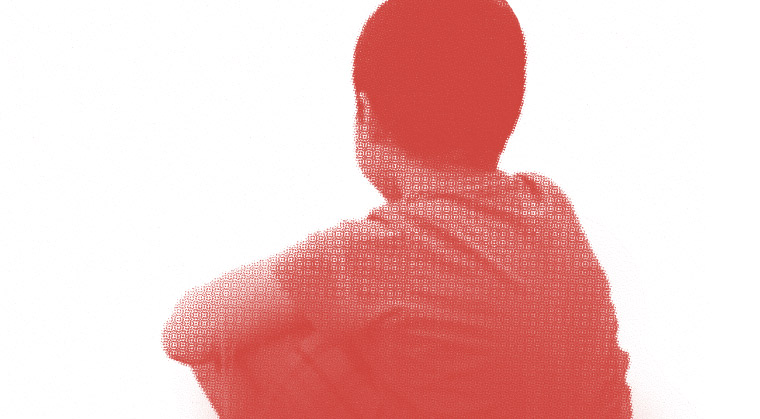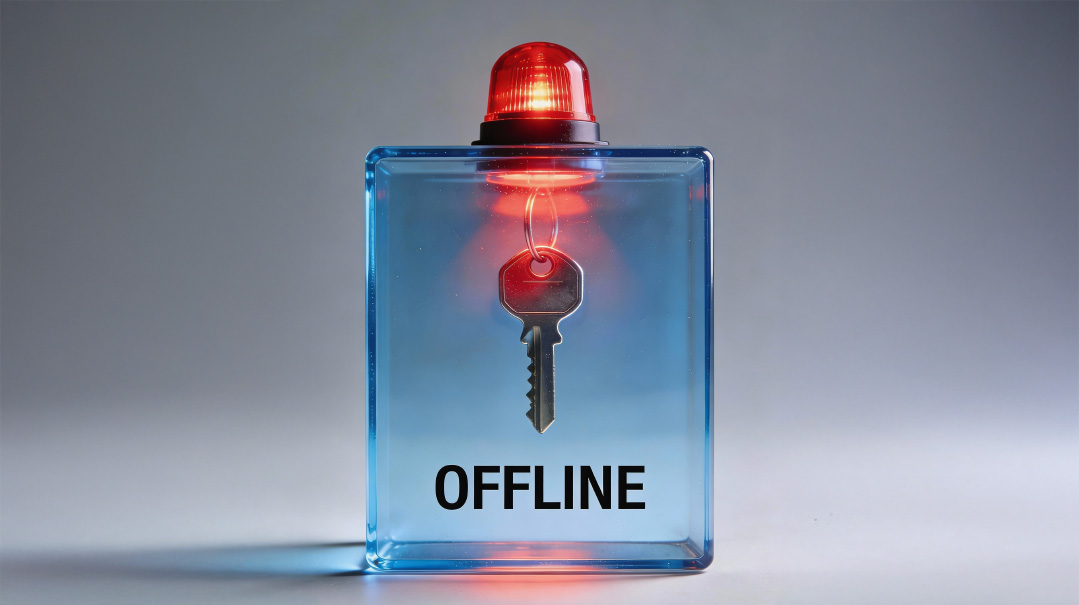For the Good of the Child


Gedalia
Why can’t you give my son the leeway to develop at his own pace?
Rabbi Kronbrun
Why are you handicapping your son by withholding the help he needs?
Gedalia
When we moved from Bloomvale to Brooklyn, we knew there were going to be adjustments all around. Especially for the kids.
Then again, Meir was learning in Eretz Yisrael and Shani was in seminary in Gateshead. Yehuda was going into 11th grade; he was already dorming in Philly. They wouldn’t feel the change on a daily basis. Laya was going into tenth — that would be complicated. It would be tough for Yochanan and Yaakov too, sixth and eighth grade.
Zvi was going into fourth, a little too old for a seamless switch, but he was resilient. I didn’t worry about the younger kids. Moishy was going into second; for a second-grader, school is school. Miri was going into first, Tali was starting kindergarten. They were so young, they would be okay.
I was surprised to find that it took Hindy and me time to adjust too. I mean, we’d grown up there, what’s to adjust? But we’d been in Bloomvale so long. “We were real people there,” Hindy said once, totally drained after a day of dealing with ten kids who’d just been through the trauma of moving. “Here, we’re hardly even part of the background.”
Maybe that’s why it took me a while to realize that something was up with Moishy. You know how it is — you chalk everything up to the move. Besides, just the logistics of our new lives were overwhelming: new jobs, new shuls, even figuring out where to go for groceries was a whole deal.
By Chanukah the worst was over. The kids were doing better, making friends, were in high spirits again. Except for Moishy. He seemed to be getting quieter and quieter. Every morning, he cried that he didn’t want to go to school.
Then one day we got a call from the nurse. “I have Moishy here,” she said. “You need to pick him up. He may need stitches.”
There was an enormous gash on his arm. “How did this happen?” Hindy demanded.
“Izzy pushed the desk on me,” Moishy said. “He always bothers me. All the kids bother me. They call me names.”
I called Rabbi Kronbrun immediately. “Hello, Rabbi Kronbrun, this is Gedalia Feldman, Moishy’s father. What happened today?”
His apology was sincere.
“But Moishy says that the kids tease him every day,” I said. “They call him names and fight with him.”
“Did Moishy tell you which kids are doing these things, when it’s happening?”
I was a little uncomfortable talking badly about other people’s kids. “It’s a few kids, I think. He mentioned Izzy. And Yossi. He said sometimes you go out of the room and they start up with him.” That bothered me a little — how could the rebbi leave the class unattended?
“Mr. Feldman, I’m asking this because I know we both want to help Moishy and do what’s best for him. Do you think it’s possible that any of this could be related to things Moishy himself is doing?”
“Related to things that Moishy is doing?” I was shocked. “What things?” Hindy was shaking her head vehemently. “I’m not sure what you mean, Rabbi Kronbrun.”
“Well, we talked a while ago about how Moishy was doing socially, if you remember.”
“Uh… yes.” I had called Rabbi Kronbrun in the beginning of the year, to see how Moishy was adjusting. “It’s definitely a different kind of environment, but that doesn’t mean the other kids can be mean to him!”
“Of course not, but I don’t really mean the environment. I’m talking more about his social skills.”
“Are you blaming Moishy for being bullied?”
(Excerpted from Mishpacha, Issue 711)
Oops! We could not locate your form.







